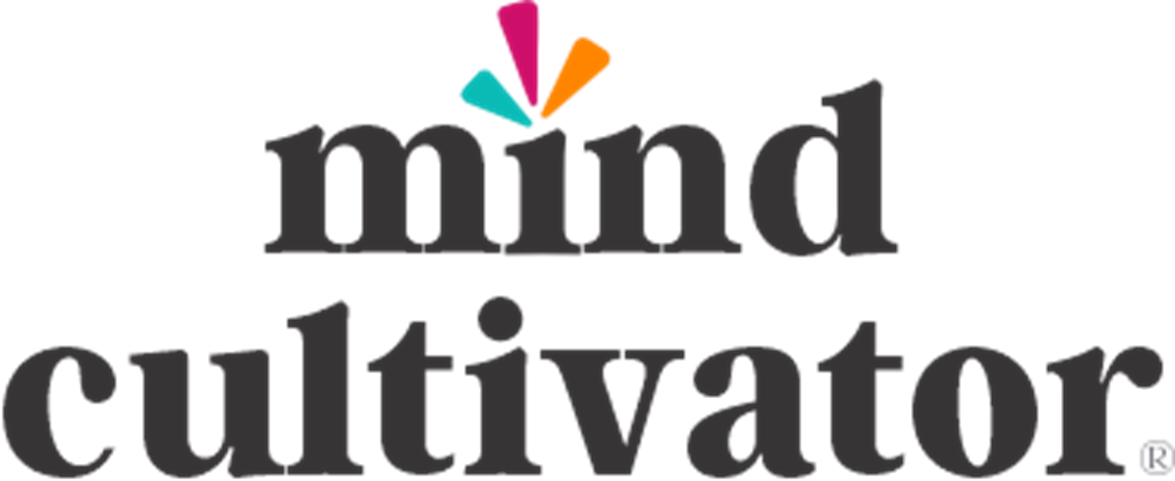A few months back, while working with an executive team, I initiated a ‘get to know you’ activity. I vividly recall a senior leader admitting:
“I’ve worked with Randy for 16 years and never knew that about him!” Laughter ensued.
And many others echoed the same statement. Here’s another one:
“I’ve known Isabel from payroll for 20 years, but I don’t truly ‘know’ her!”
With this being the case, it is no surprise that a silo mentality exists in many organizations. The results can be a lack of collaboration, turnover issues, and the fact that projects and other assignments that require collaboration, take longer to get done or are not done as well. Amidst this dynamic, the importance of rapport becomes evident.
In the last article, we mentioned a three-pronged conversation of moving from Rapport to Belonging to Results. In part one we said that Belonging should be the center of programs that bring teams together. We explored the topic of Belonging, highlighting that in today’s corporate landscape, there is an evident challenge: DE&I initiatives often risk being referred to as mere HR programs, lacking full support from top-tier leadership. Within this complex web of evolving language and expectations, leaders are confronted with the dual challenge of mastering the “right” DE&IB terminology, while also fostering performance and engagement.
Central to this understanding and connection, is ‘Belonging’. Belonging is not just a buzzword. ‘Belonging’ is where team members can authentically intertwine their strengths and vulnerabilities. It’s not merely about a sentiment of inclusion; it’s a tangible accelerator of performance.
This performance is fortified when teams align in values, ambitions, and norms, marking it as a strategic driver for any organization. Here is the revelation: introducing ‘Belonging’ to DE&I is transformative. It’s about prioritizing individual connection and understanding, reshaping the culture from the ground up. But the question arises. How do we create a sense and space of Belonging? Rapport!
What is Rapport?
Rapport is the subtle aspect of human interaction that lays the foundation for genuine understanding and connection.
In teamwork, Rapport acts as the conduit through which trust is nurtured, relationships take root, and an environment of mutual affinity thrives. This profound connection empowers team members to understand each other’s feelings and ideas, leading to effective communication and defusing conflicts that can arise from differences. The innate human desire to be understood relies on Rapport to bridge the gap, fostering camaraderie among peers. Rapport builds a foundation of trust, which can lead to trusting environments that encourage risk-taking, innovation, creativity, and curiosity.
This is where you as the leader step in and have a pivotal role in cultivating a culture of Belonging, through Rapport, where trust is the foundation. Trust is vital to the bloodline of the organization and the team’s culture. As an Organizational Psychologist working extensively with leaders, I have observed that the missing element to building trust is Rapport. Rapport is completely underrated. It is something leaders take for granted, even though it is the key to creating and fostering a culture of belonging. A leader’s influence is paramount in nurturing such a culture, reaping exponential returns for both the team and the organization.
Leaders are overloaded with a hectic web of meetings, deadlines, and responsibilities. Often drained by the afternoon. Leaving very little to give to their own teams. Leaders are in a role that is conducive to left-brain thinkers – tasks, numbers, analysis, problem-solving, etc., all day long. Connection is not an intentional priority; therefore, time is not dedicated to it. If it is done, it is usually done in small circles, often with the leader’s attention and focus elsewhere.
It is impossible to build Rapport if one is going one hundred miles an hour. It takes deliberate intent, time, and effort. It demands authenticity, urging leaders to stop, engage, and be present when interacting. It thrives on attentive listening and, above all, genuine care. It is about listening and most importantly, caring. A leader once told me “I have no interest in knowing my employees, we are here to work.” That old-school mindset is no longer acceptable, and it poses a risk to the retention of talent. Taking the time to build Rapport opens the door to many opportunities, including unlocking a realm of possibilities, results, and high-performing teams.
Building Rapport as a leader is not just about being liked; it’s a strategic move that pays dividends in organizational performance and culture. Enhanced communication, a direct outcome of strong Rapport, leads to an environment where team members are 21% more productive according to Gallup. This open dialogue not only fosters innovative problem-solving but also establishes a culture of trust, encouraging calculated risk-taking and breakthroughs. The benefits don’t stop there. High Rapport correlates with lower turnover rates, saving companies on recruitment costs, training, and preserving team knowledge. In essence, building Rapport is not just good for people; it’s good for the bottom line. My experience in team dynamics and Belonging has shown that a leader’s ability to build Rapport is a cornerstone for achieving not just tangible business results, but also for cultivating a culture where everyone feels they belong and can contribute their best work.
Building Rapport is not just about enhancing interpersonal relationships; it’s about driving measurable outcomes. Working with teams for the last two decades, I have seen Rapport as the secret weapon for unlocking a high-performing, engaged team. Through that experience, I created the Mind Cultivator Framework as a roadmap for leaders to foster unity, purpose, and engagement within their teams, emphasizing the pivotal role of Rapport-building.
Here is a quick self-assessment to see if you are missing opportunities to build Rapport:
- On a scale of 1-10, how fully engaged are you in conversation with your team members? Are you actively listening and giving them your undivided attention?
- How would you rate the emotional climate of your team on a scale of 1-10? Is it reflective of the one you aim to set as a leader?
- How often do you schedule and follow through with one-on-one meetings? Are these sessions productive in understanding individual member’s needs and aspirations?
As you reflect on your answers, remember not to underestimate the power of Rapport; it’s the key for creating a culture of belonging, engagement, and excellence. Take action today; your team’s success depends on it.




0 Comments